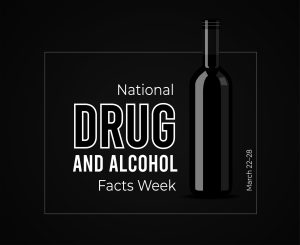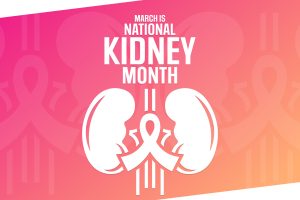 Lower back pain is recognized as one of the most common problems that people experience at some time in their lives. It is the most common reason people miss work and is its most frequent cause of disability. It may be described as a constant dull ache to a sudden sharp pain.
Lower back pain is recognized as one of the most common problems that people experience at some time in their lives. It is the most common reason people miss work and is its most frequent cause of disability. It may be described as a constant dull ache to a sudden sharp pain.
Common causes of lower back pain include:
- Muscle sprains or strains
- Herniated discs
- Spinal stenosis
- Arthritis of the spine
- Spondylitis
- Sciatica
- Kidney problems
- Ovarian cysts
- Spinal infections
- Pregnancy
- Uterine fibroids
- Misalignment of the spinal cord
Diagnosing lower back pain typically begins with a thorough medical history and physical exam. This exam may include checking reflexes, evaluating lower extremity strength and ability to move. Further testing may require an x-ray, CT scan or an MRI to evaluate if there are bone problems,
Seek medical care for lower back pain when:
- It lasts more than a few weeks
- It doesn’t improve with rest
- It is accompanied by weight loss
- It travels down one or both legs
- It shows symptoms of numbness, weakness, or tingling in the legs
Treatment options depend on the cause of the lower back pain and where it is located. Treatment options include: home remedies such as heat, ice, rest, compression, stretching exercises, and taking over-the-counter pain medications. Physical therapy may be prescribed by a physician if they feel it will help. A physician may also prescribe some medications for pain relief, These would include muscle relaxers, nonsteroidal anti-inflammatory drugs, or corticosteroid injections. In more severe cases, a physician may feel a surgical procedure may be necessary.
There are a few things a person can do to prevent lower back pain. This would include regular exercise and stretching, watching one’s weight, bending at the knees when lifting heavy objects, quit smoking, sleep on a firm surface, and keeping proper posture.
Speak to your physician if you are having lower back pain and it doesn’t seem to be improving, If you would like to schedule an appointment with a physician at Flushing Hospital Medical Center, please call 718-670-5486.
All content of this newsletter is intended for general information purposes only and is not intended or implied to be a substitute for professional medical advice, diagnosis or treatment. Please consult a medical professional before adopting any of the suggestions on this page. You must never disregard professional medical advice or delay seeking medical treatment based upon any content of this newsletter. PROMPTLY CONSULT YOUR PHYSICIAN OR CALL 911 IF YOU BELIEVE YOU HAVE A MEDICAL EMERGENCY.










